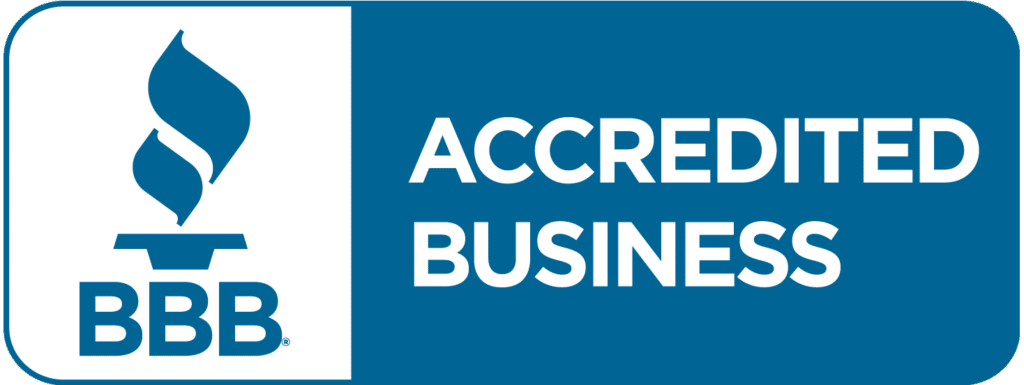Role of Nutrition in Addiction Recovery What to Eat
In recent years, the understanding of addiction recovery has expanded beyond traditional therapies to include holistic approaches that encompass nutrition. San Jose has seen a rising trend in integrating nutrition into addiction recovery programs, underscoring its importance in enhancing overall well-being and aiding in long-term sobriety.
Why Nutrition Matters in Addiction Recovery
Nutrition plays a pivotal role in addiction recovery, impacting both physical and mental health. Here’s how:
- Physical Healing: Substance abuse can severely deplete the body of essential nutrients, weakening the immune system and impairing organ function. A balanced diet rich in vitamins, minerals, and proteins helps restore bodily health, supporting recovery efforts.
- Mental Health Support: Nutritional deficiencies can exacerbate mental health issues commonly associated with addiction, such as depression and anxiety. Foods rich in omega-3 fatty acids, for instance, have been linked to improved mood and cognitive function, crucial during recovery.
- Stress Reduction: Recovery is often accompanied by high levels of stress. Nutrient-dense foods like leafy greens, whole grains, and nuts can help regulate stress hormones and promote relaxation, aiding in better coping mechanisms.
Key Nutrients for Addiction Recovery
Certain nutrients play a vital role in supporting the recovery process:
- B Vitamins: Essential for nerve function and energy production, B vitamins are depleted by alcohol and drug use. Incorporating foods like whole grains, dairy, and leafy greens can help restore these vital nutrients.
- Magnesium: Known as nature’s relaxant, magnesium helps alleviate anxiety and muscle tension. Dark leafy greens, nuts, seeds, and legumes are excellent sources of magnesium.
- Omega-3 Fatty Acids: Found in fatty fish, flaxseeds, and walnuts, omega-3s are crucial for brain health and can help alleviate symptoms of depression, which often co-occurs with substance abuse.
- Proteins: Amino acids from proteins are the building blocks for neurotransmitters that regulate mood and behavior. Lean meats, legumes, and dairy products are good sources of high-quality proteins.
Integrating Nutrition into Addiction Recovery Programs
In San Jose and beyond, addiction recovery centers are increasingly recognizing the importance of nutrition in holistic treatment plans. They integrate the following strategies:
- Nutritional Assessments: Conducting assessments to identify deficiencies and tailor dietary plans to individual needs.
- Education and Counseling: Providing education on nutrition’s role in recovery and offering counseling to help individuals make healthier food choices.
- Meal Planning: Designing balanced meal plans that support recovery goals, emphasizing whole foods and minimizing processed foods and sugars.
The Link Between Gut Health and Addiction Recovery
Recent research has highlighted the gut-brain connection and its impact on addiction recovery. The gut microbiome influences mood, cravings, and overall well-being. Probiotics and fermented foods promote a healthy gut microbiota, potentially reducing cravings and improving mental health outcomes during recovery.
Frequently Asked Questions About Nutrition and Addiction Recovery
- How does nutrition affect addiction recovery? Nutrition supports physical healing, improves mental health, and reduces cravings, enhancing the overall success of recovery efforts.
- What foods should be avoided during addiction recovery? Processed foods, sugary snacks, and excessive caffeine can disrupt mood stability and energy levels, hindering recovery progress.
- Is nutritional therapy effective in treating addiction? Yes, integrating nutritional therapy into treatment plans has shown promising results in improving overall health outcomes and reducing relapse rates.
Conclusion: Embracing Nutrition in Addiction Recovery
As San Jose continues to witness the integration of nutrition into addiction recovery programs, it’s clear that a holistic approach addressing physical, mental, and emotional well-being is essential for long-term sobriety. By prioritizing nutrient-rich foods and supporting gut health, individuals can enhance their recovery journey and build a foundation for a healthier future.
In conclusion, the role of nutrition in addiction recovery cannot be overstated. It is not merely about filling stomachs but about nourishing minds and bodies to support lasting change.









